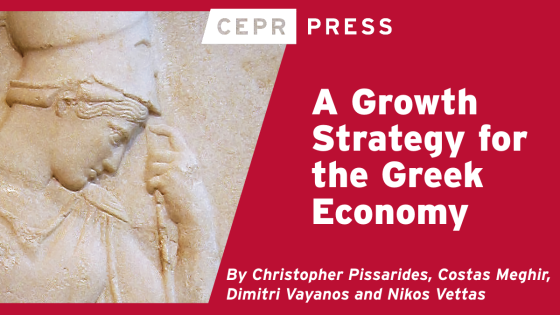DP199 On the Effectiveness of Discrete Devaluation in Balance of Payments Adjustments
In the context of monopolistic price adjustment and price setting behavior on the part of firms, it is shown that a large discrete adjustment of the nominal exchange rate as opposed to a crawling peg is likely to result in faster adjustment of domestic prices. This is the case because an increase in the variance of exchange rate changes, associated with a policy of discrete devaluation, strengthens expectations about faster incipient increases of competitors' prices and thus of local demand as well as of marginal costs. The above hypothesis is empirically tested on Greek monthly data and seems to be validated by the empirical evidence presented. Specifically, the variance of exchange rate changes proves to be an important independent variable in explaining domestic price adjustment. These results confirm the underlying policy hypothesis that the effectiveness of exchange rate policy in balance-of-payment adjustment is a function not only of economic fundamentals but of exchange-rate management in so far as the latter affects the expectations of private market participants.


